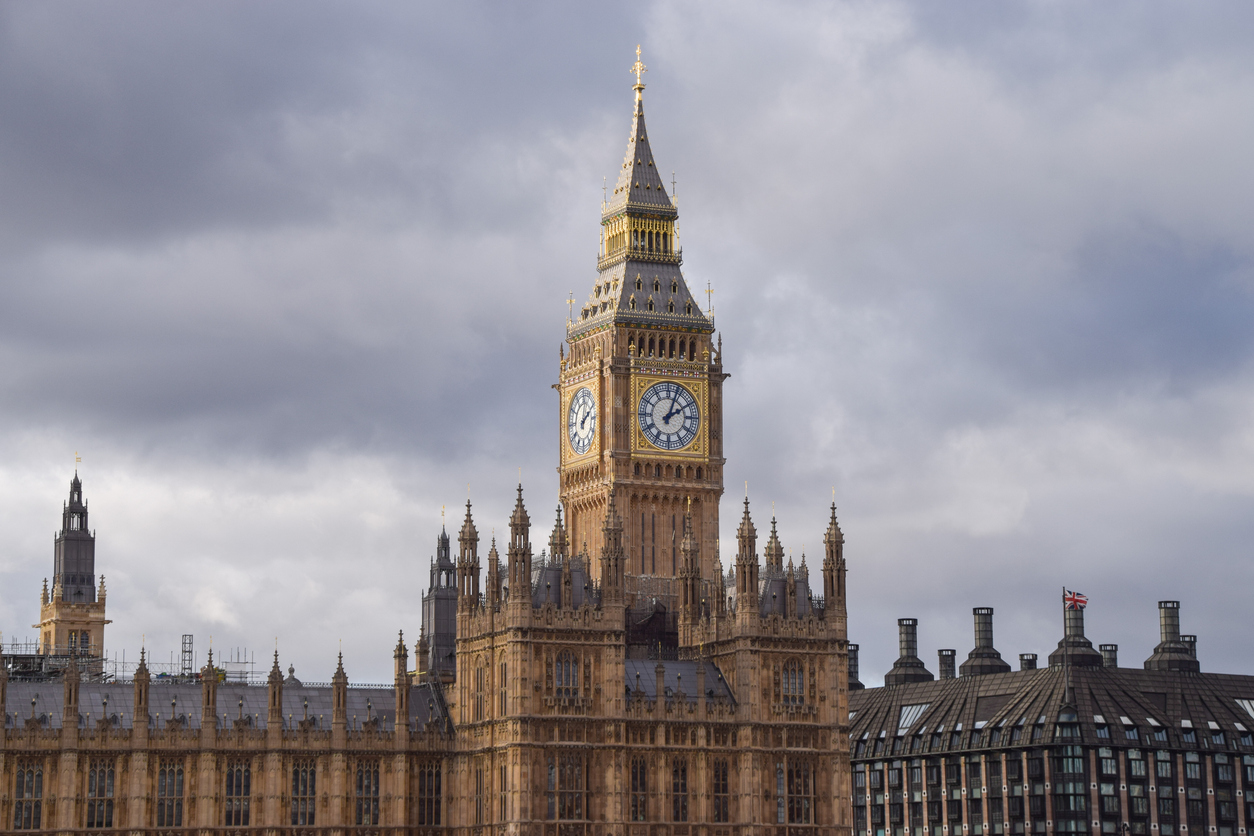Britain is achieving near-Victorian conditions arising from policy errors such as poor privatisations going back over thirty years, and it’s not just the Tories who are to blame. Poor politics leads to poor economic outcomes, then to people giving their rulers a kicking at the ballot-box.
The need is to turn the absolute power of government on its head, and let the people form policy based on mature consideration of facts. This requires ending the era of spin, lies and misinformation, thereby bringing capture of the machinery of government by vested interests to an end.
Criminal juries, citizen juries and public enquiries all show that citizens can do better than the adolescent posturing of our politicians. Our competitors in other countries achieve political consensus, which is why prosperity has left the United Kingdom.
How can such a deep change come about?


There are three major components necessary:
(1) A written constitution
The misinformation problem can be dealt with by a requirement that all government and political communications be clear, fair, and not misleading. This is in UK financial services law for financial communications, so we only have to extend it to the governing institutions.
Citizens’ rights need strengthening, powers of government should be limited. A straightforward written constitution should be comprehensible by all citizens, not a rabbit-warren of complex statutes going back centuries and amending one another, fit only for lawyers to argue about.
(2) A federal structure
In the absence of a settled federal structure, sooner or later the United Kingdom will break up. Scotland and Northern Ireland are already on their separate paths towards divorcing England. A federal structure would enable the United Kingdom to change from governments claiming the divine right of kings to do as they like, to dispersed power, encouraging cooperation and consensus. It will be a complex change over several parliaments.
Decisions should be made at the most appropriate level, not by nations and councils fighting one another across Whitehall desks: witness the failure of most levelling-up funds to leave the Treasury, and the mess and waste over HS2.
Replace one House of Commons by a federal parliament (out of London, clearing the way to turn Westminster into a museum or tourist attraction) together with four national parliaments. Three of the four national parliaments already exist, but all should have the same comprehensive powers.
The people of each nation should be sovereign save for federal affairs: defence, foreign affairs, the currency, common standards and so on. Federal elections should use proportional representation, and the other nations would be able to override English numerical superiority. Voting rules in national elections would become a matter of national sovereignty. A nation wishing to follow internal policies that differ from those of other nations should be free to do so.
(3) The People’s Council
Electing an upper house without giving it more power, as proposed by Gordon Brown, would achieve nothing. The Privy Council is an utterly undemocratic way to make legislation (called ‘Orders in Council’, i.e. making law by the back door). Replace both by an elected People’s Council with real powers to scrutinise government and investigate wrongdoing.
My draft constitution and careful design of the People’s Council would make repeated scandals, of which Horizon is just one example, far less likely to occur. Unbundle manifestos, so that people are not forced to vote for unwanted policies. Replace royal assent with the people’s assent to legislation, creating a meaningful two-stage process and removing any need for an upper house. Provide an option to experiment with regional government, starting in England.
What’s not to like?
The conversation needs to start now. Simply putting a failed government out of office will let in an alternative that is avoiding facing the deep changes that are needed. This can only lead to five more wasted years. Enough time has been lost and economic damage done by political lies, policies of failed infrastructure privatisations, private finance initiatives, poor taxation policies, allowing undue influence to oligarchs, austerity, and finally the Brexit referendum. That fiasco neither gave voters a choice of their future relationship with Europe nor required a majority of the nations to agree.
Now let’s give Britain a governance structure fit for the complexities of the twenty-first century, rather than the simplicities of the restoration of the monarchy in 1660.
All this is set out in my new book: the objective, a first-draft written constitution for a federal United Kingdom, the steps to take and the timeline. The silent majority of citizens should tell politicians at every opportunity that constitutional reform is essential. The failure of the unwritten British constitution lies behind all the obvious problems of health-care, poverty, and the glaring disconnect between the governing elite and the people. Without such change, the United Kingdom will be stuck dealing with the economic consequences of failed political governance, and eventually Scotland and Northern Ireland will leave. Wales might follow.
To take a hackneyed and misused phrase and give it meaning, it’s time for the people to really take back control. Activists of all parties, aspiring candidates, those governing at every level, civil servants, academics and voters should all take note.
Reinventing Democracy: Improving British political governance will be published by Sparkling Books on 28th May in e-book and print. E-book price only 99p until the general election.
Politics.co.uk is the UK’s leading digital-only political website, providing comprehensive coverage of UK politics. Subscribe to our daily newsletter here.












